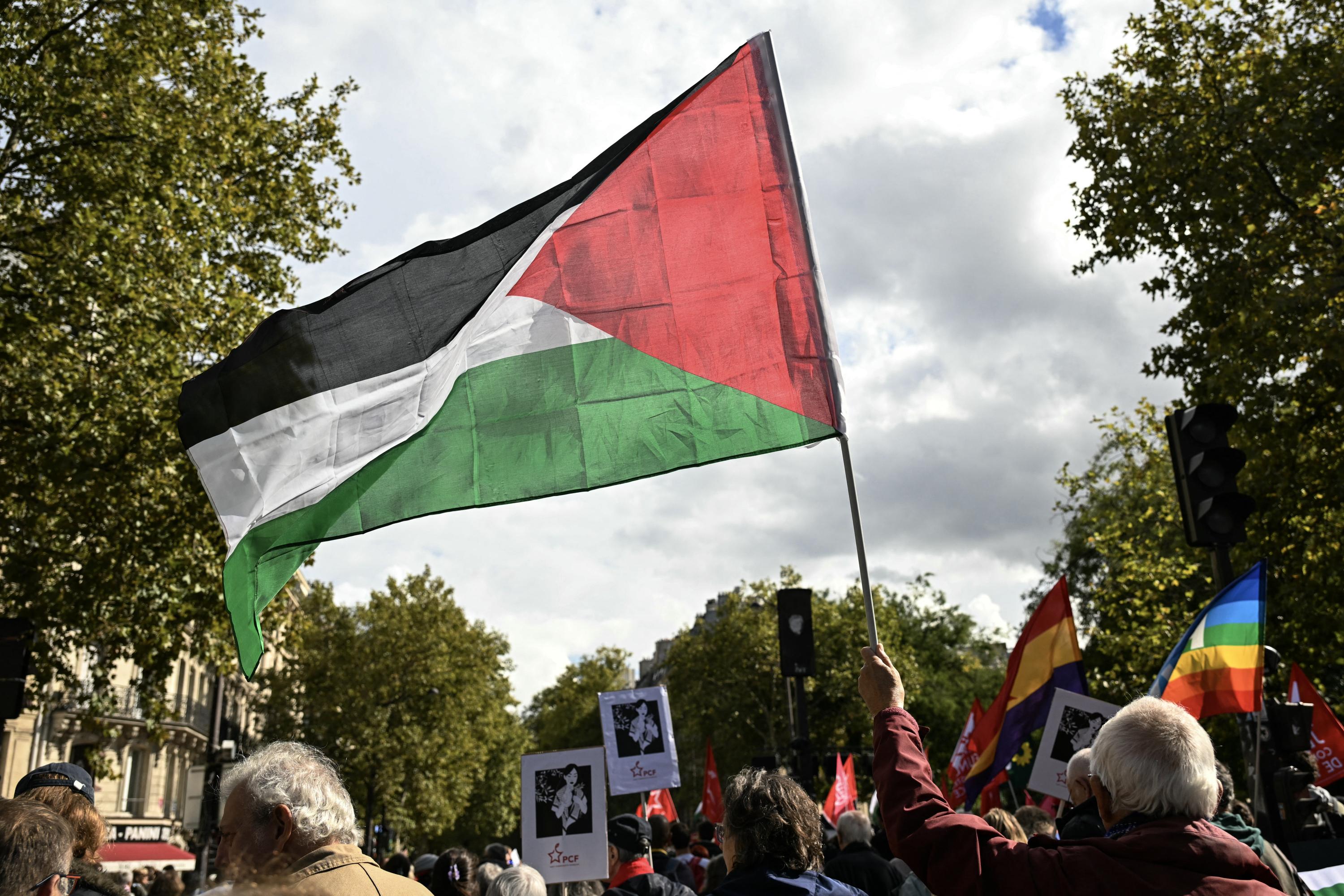Controversy Erupts Over Palestinian Flags as France Officially Recognizes Palestine
The display of Palestinian flags at French town halls sparks controversy as France officially recognizes Palestine.
- • Several mayors plan to display Palestinian flags in defiance of legal warnings.
- • France's recognition of Palestine aims to support peace talks amid ongoing conflict.
- • The decision has polarized opinions within French political circles, particularly among the left.
- • Israeli Prime Minister Netanyahu has criticized France's recognition, calling it a reward for terrorism.
Key details
As France marks its official recognition of the State of Palestine on September 22, a significant controversy is brewing over the display of Palestinian flags at town halls across the country. Despite warnings from legal authorities, several mayors are proceeding with plans to fly the Palestinian flag at their municipalities, reflecting a polarized political climate.
Among those affirming their decision to display the flag is Jacqueline Belhomme, the mayor of Malakoff, alongside Mathieu Hanotin of Saint-Denis, who described the flag display as a 'choice' aligned with President Emmanuel Macron's recognition of Palestine at the UN General Assembly. This public gesture is backed by the Socialist Party's leadership, notably its first secretary, Olivier Faure, who encourages mayors to take a stand amid the ongoing Israeli-Palestinian conflict.
Conversely, the mayor of Mauléon-Licharre complied with a court order that mandated the removal of the flag, adhering to directives from the Interior Ministry, which emphasizes the political neutrality of public services. This divergence has highlighted significant rifts among leftist leaders, with some mayors, such as Laurent Cathala of Créteil, opting to abstain from displaying the flag in an effort to maintain social cohesion. Others have chosen to illuminate public buildings in the colors of the Palestinian flag instead.
The recognition of Palestine by France coincides with the 80th UN General Assembly and is part of a broader international dialogue aimed at bolstering support for a two-state solution. Macron has framed this decision as a moral obligation, particularly given the humanitarian crises resulting from ongoing military operations in Gaza. However, Israeli Prime Minister Benjamin Netanyahu has condemned the move, perceiving it as an unwarranted concession to terrorism, despite the diplomatic complexities surrounding Palestinian statehood not automatically leading to full UN membership.
With reactions continuing to unfold both domestically and internationally, the debate over Palestinian flags at French town halls serves as a potent indicator of the contentious political landscape surrounding Israel and Palestine, paving the way for potential legal challenges and further political confrontations in the days to come.
This article was translated and synthesized from French sources, providing English-speaking readers with local perspectives.
Source articles (2)
Source comparison
Date of France's recognition of Palestine
"On September 22, France is set to officially recognize the State of Palestine during the high-level week of the 80th United Nations General Assembly in New York."
"In France, as the country prepares to officially recognize the State of Palestine, several mayors have announced their intention to display the Palestinian flag at their town halls."
Latest news
France Returns the Djidji Ayôkwé Talking Drum to Côte d'Ivoire After Over a Century
Record 37 Days of Rain Triggers Ongoing Severe Flooding in Western France
Political Divisions and Social Tensions Intensify Following Quentin Deranque’s Death in Lyon
French Economy Minister Calls for Full Insurance Industry Mobilization Amid Devastating Storm Floods
France Boosts Social and Solidarity Economy with New Tools and Potential Tax Reforms in 2026
Saint-Nazaire Mayor Condemns Vandalism of Two Political Offices as Attack on Democracy
The top news stories in France
Delivered straight to your inbox each morning.


